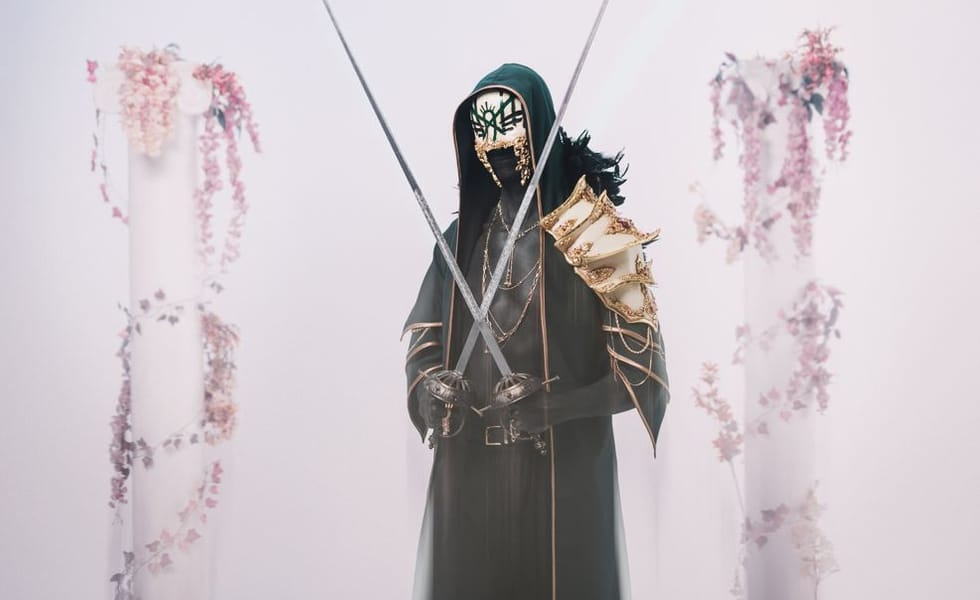Sleep Token’s management has reportedly retracted a copyright claim that saw a Sheffield tattooer’s business Instagram wiped this week, after the move sparked a swift backlash across fan circles.
The artist, Emily-Jayne (InkITEJ), says her account was removed over designs ‘inspired by’ the band, and that an email from Rico Management arrived on 11 October confirming the reversal: “We have spoken with our client, and because of how this negatively affected your account, they have requested that we retract our claim against your account.” The message also warned some posts on other platforms might “still be removed… as a result of earlier submissions,” with a promise to address each case.
In her own update, Emily-Jayne called the backflip a “mini victory” even if the original page never returns. That captures a bigger tension brewing in Sleep Token’s orbit: an intensely creative fanbase, and a management stance that, at least recently, has been perceived as heavy-handed. Multiple fans have rallied around petitions urging Rico Management to allow non commercial fan art and cosplay without scorched earth takedowns, arguing that community made work is part of what fuels the band’s rise.
It’s not a niche complaint, Sleep Token’s following is tattoo deep, inked tributes have become a calling card of devotion, visible at shows and across social feeds. Kerrang! has even highlighted fans dedicating full back pieces to the group’s iconography, proof that this culture isn’t a side note, it’s central.
There’s also the platform problem. Content strikes, real or mistaken, can pull the rug from small businesses built on social proof, and recovering a disabled account is rarely quick or painless. Guidance from major tech outlets underscores that appeals can drag and outcomes are inconsistent, especially when third party takedown requests are involved.
Where this lands for Sleep Token matters. Protecting IP is fair. Nuking community creators, less so. With management now softening its approach, at least in this case, the ball’s in their court to align policy with the band’s fan first reputation. If the aim is longevity, empowering the artists who carry the torch might be the smartest long game.









